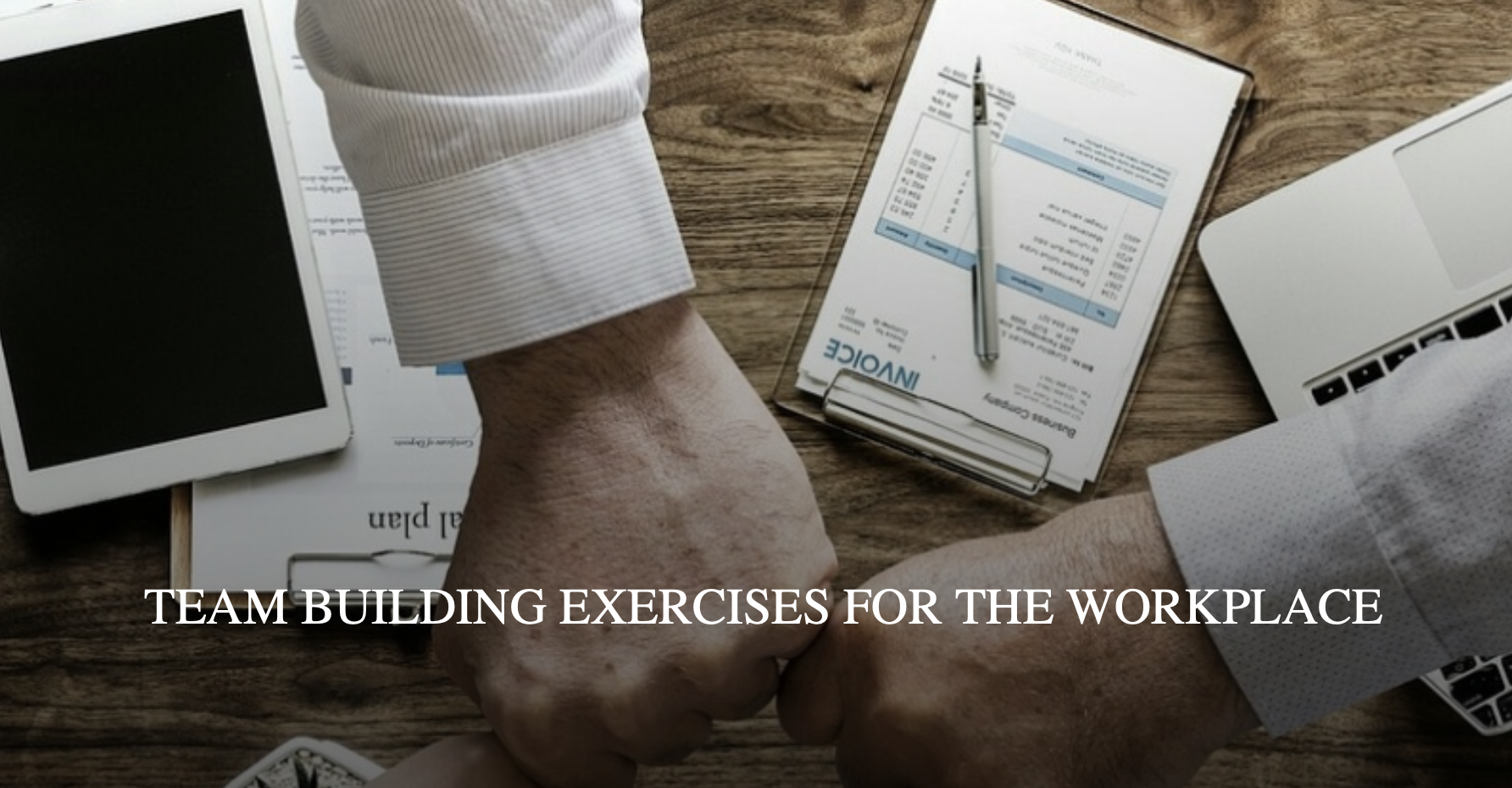When you run a business, your employees’ morale is one of the most important things you should focus on maintaining. When your employees are happy and content, they are ultimately more productive in the workplace and provide the company with better work. A great way to ensure employee happiness and productivity is with a performance review.
Performance reviews are a common process many organizations use to ensure employees are performing in a satisfactory way. Although performance review methods vary from organization to organization, there are some best practices to be aware of when talking with an employee about their performance.
Performance reviews are typically used in conjunction with salary adjustments or can incorporate a performance improvement plan if the employee is not performing well. However, the main intention of a performance review is to provide your employee with constructive feedback, so they have something to work towards and feel proud of.
Key Takeaways
-
A performance review is defined as a formal assessment in which a manager or leader meets with an employee to discuss their work performance.
-
When done correctly, performance reviews will help employees understand where they shine, what they can improve on, and how their work aligns with company goals.
-
It’s highly recommended to gather feedback from your employee’s team or co-workers they work closely with.
What Is a Performance Review?
A performance review is defined as a formal assessment in which a manager or leader meets with an employee to discuss their work performance. This meeting will evaluate their performance, identify strengths and weaknesses, offer constructive feedback, and set tangible goals for their future performance.
Performance reviews are typically conducted at the same time each year, whether that be quarterly, monthly, or annually. These meetings are more formal than a typical one-on-one meeting between employee and manager and usually incorporate feedback from other team members, the manager, and the employee themselves.
When done correctly, performance reviews will help employees understand where they shine, what they can improve on, and how their work aligns with company goals. This meeting should make it very clear what is expected of the employee until their next performance review. This gives your employee a purpose to work towards.
Performance reviews are also beneficial for managers. They can use this time to pause and recognize their highest-performing employees. These reviews also give them a chance to correct issues, reiterate or communicate clear expectations, and encourage employee development and engagement.
What to Include in an Employee Performance Review
Depending on the role, company, and industry, your performance review criteria may change slightly. However, for the most part, most positions require the following skills, and so they should be assessed within a performance review.
-
Communication. No matter your position, communication is incredibly important. This includes communication via digital means as well as face-to-face communication.
-
Collaboration. Most individuals work with a team or must at least touch base with a team occasionally. The ability to collaborate and operate as a team is an important part of many jobs and should be evaluated.
-
Problem-solving. As a skill, problem-solving is incredibly important, especially in fast-moving environments where things must be completed quickly.
-
Quality. The quality of your employees’ work is essential to review — be sure to use specific examples when discussing any room for improvement.
-
Attendance. If your employee is having issues with tardiness or calling out, the performance review is a great place to address your concerns.
-
Deadlines. Is your employee missing deadlines, meeting them, or exceeding them? Either way, this is an important note to include in your performance reviews.
As mentioned above, you’ll want to include any company-specific or role-specific responsibilities you feel your employee can improve on or is doing well. Be sure to include any employee accomplishments and contributions to their role. It’s important to remember that performance reviews should include both good things and things that may need improving.
Your organization may have an existing evaluation sheet that will help you score the assessment of your employee. Sometimes companies use a grading system, but others use numerical scoring, percentages, or simply written descriptions. Whichever you choose to use, be sure it remains consistent throughout the company.
It’s also highly recommended to gather feedback from your employee’s team or co-workers they work closely with. As a manager, you may only see a top-down view. Other employees may have concerns or praise to share with you about the specific employee, and it’s helpful for the employee to receive different perspectives on their performance.
What Not to Say in a Performance Review
When conducting a performance review, you want to be sure to keep it balanced. Performance reviews can be stressful for your employees, so you want to make sure you keep things civil and productive during this meeting. Here are some things you may not want to say in a performance review in order to keep things positive.
-
Criticism without specifics. Criticism is inevitable at work, but it’s your responsibility as the manager to ensure it’s constructive. When you share criticism with your employee, be sure you not only give examples but provide ideas for improvement so they can work towards something, rather than feeling defensive.
-
Comparisons. Comparison with other team members has the potential to breed resentment or pit them against one another. Focus only on the individual employee’s performance during a performance review.
-
False praise. If your employee is not performing well, the performance review is when you should be forward with that feedback. Coupling it with false praise can mislead individuals into thinking they’re doing well and may not look to improve their performance.
-
Assumptions. Unless you have proof that an employee has done something, try not to bring it up in the performance review. Basing a review on speculation or rumors could cause disappointment or resentment within the team.
This goes without saying, but be sure you also schedule plenty of time to conduct this performance review. You should be able to cover everything you intend to cover during this meeting and not leave anything left on the table for a follow-up meeting.
How to Make a Performance Review Motivational
Many employees may dread performance reviews. They may view them as negative experiences or sometimes even a waste of time. In order to help your employee feel motivated to succeed and perform at the company, consider asking open-ended questions so that their needs are heard. You might ask them the following questions.
-
What was the most challenging part of your responsibilities last quarter?
-
What do you anticipate being the most challenging next quarter?
-
Is the department providing you with enough support to achieve these goals?
-
Is there any way I can be a better manager for you?
-
Do you feel you receive enough feedback and direction from me on your projects?
-
Do you have any specific concerns you would like to address?
Performance Review FAQ
-
What is the purpose of a performance review?
The purpose of a performance review is to give your employees feedback on their strengths and weaknesses as well as feedback on how they can develop in the future. Performance reviews often include goal setting.
-
What happens in a performance review?
In a performance review, the employer will formally assess an employee and provide them with feedback on their work performance, strengths and weaknesses, and any future goals they would like them to aim for.
-
How long should a performance review take?
From start to finish, a single employee review should take about three hours. This includes compiling feedback and assessing their performance, writing down your thoughts, and conducting the actual review.
- Performance Review
- Guide to Performance Reviews
- Guide to Performance Appraisals
- End of Year Performance Reviews
- Defining Your KPIs
- Continuous Performance Management
- How To Have Tough Conversations With Your Employees
- How To Improve Performance Reviews
- How To Avoid Being Called A Bully At Work
- Essential Factors Of Successful Employee Evaluations
- Employee Feedback Examples
- What Are Employee Evaluations?
- Employee Write-Up For Poor Performance
- How To Give An Employee Warning (With Template And Examples)
- How To Make A Job Satisfaction Survey
- How To Respond To Negative Feedback
- How To Give Constructive Feeedback To Employees
- Individual Development Plan (With Template + Example)
- Performance Appraisal Form (With Template + Sample)





